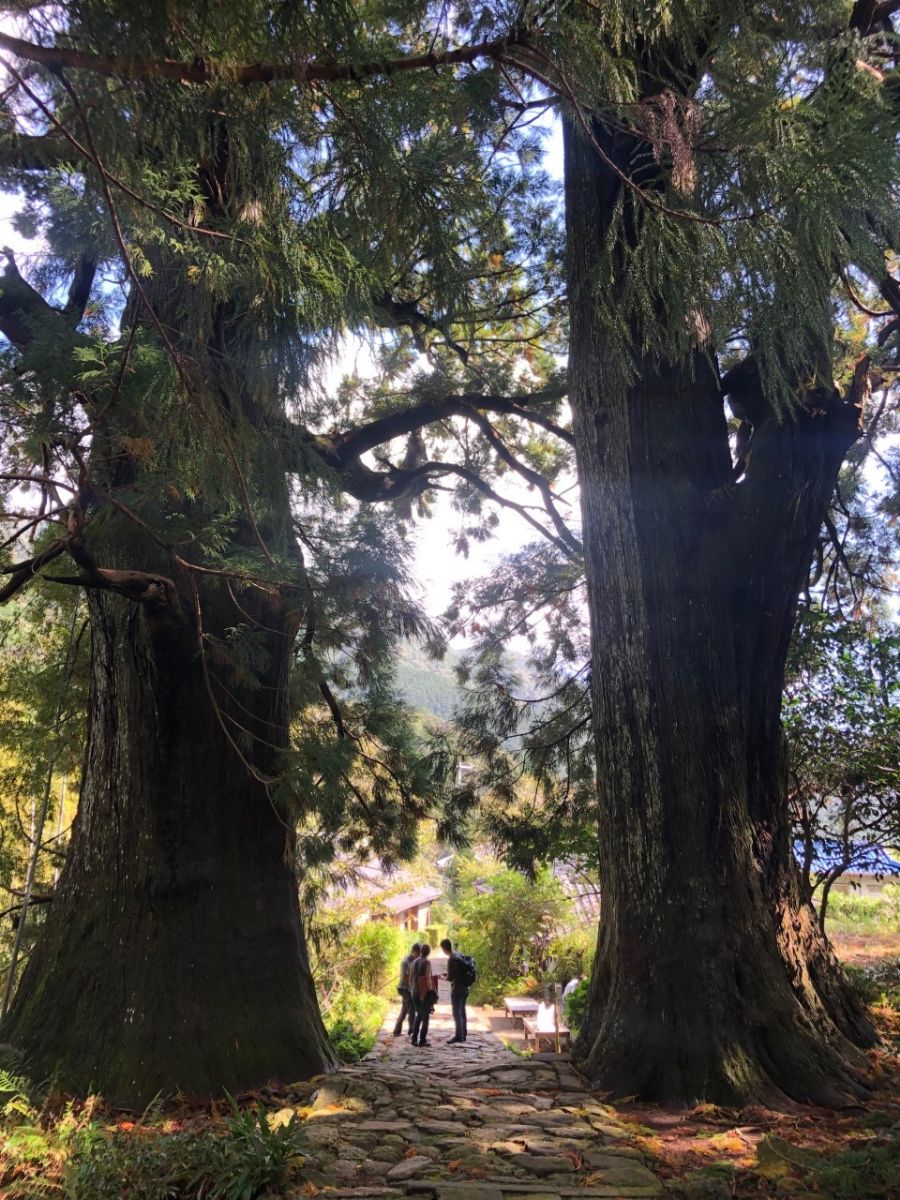Snowdon Horseshoe
Key information: Snowdon Horseshoe 
- The greatest Snowdon walk, albeit extreme in its pure form.
Walkopedia rating
- Walkopedia rating86
- Beauty34
- Natural interest16
- Human interest8
- Charisma32
- Negative points4
- Total rating86
- Note: Neg: Railway and crowds at top.
Vital Statistics
- Length: 4-7hrs
- Maximum Altitude: 1,085m
- Level of Difficulty: Strenuous
WALK SUMMARY
The truly great Snowdon walk is the famous Horseshoe, although in its pure form it is truly extreme, too.
Starting at Pen-y-pass, set out on the northward/upper Pyg Track, then turn north to join the fearsome Crib Goch knife-edge ridge, which looms to the north of the great bowl east of Snowdon as is one of the most famous ridge walks in Britain. It is staggeringly beautiful and exciting on the right day. It is, though, a demanding, ultra-exposed, frequently deadly scramble rather than a walk and is thought by many a terrifying horror-show and for others simply not worth trying. Do not so it unless you are an experienced scrambler or are with an experienced guide. And never in poor or uncertain weather.
Once Crib Goch itself has been dealt with, you struggle across Crib y Ddysgi and then make the easier climb to Garnedd Ugain, from which you drop to the main Snowdon summit ridge at the junction with the Pyg and Miners tracks.
If you are (relatively) chicken (ie, reasonable) like Walkopedia, you carry take the Pyg or Miner’s tracks to the summit. (We call this the Reasonable Horseshoe.)
From the high Snowdon ridge, you can now see the full glory (horror) of Crib Goch, the inviting Nantlle Ridge to the west, with the Lleyn Peninsula receding behind it. The sea gleams to the north and south-west, with central Snowdonia receding to the east and South. It has to be said that the railway, café and crowds at the summit can inspire sincere distress in mountain-lovers.
You head south-west briefly, then turn south-east to join the Watkins Path for the tedious, steep descent of the horribly eroded southern scree slopes, well described in the Cicerone book as a 'minor annexe of Purgatory', to the shoulder with the sharp ridge of beautiful Y Lliwedd, where the path turns sharply downhill. You turn left to climb (a simple scramble at times) to Y Lliwedd’s double summited, dramatic rocky fin high above Llyn Llydaw, for some of the very best views – and drama – of the entire circuit.
Thence you carry on north-east to drop back to the Miner’s Track and head back to a grateful finish at Pen-y-pass. Amazing.
Some head for heights is needed for the reasonable Horseshoe, but this is not a dangerous or highly exposed trail on a reasonable day. This is, though, demanding walking in sheer mountains with uncertain weather. Come fully prepared, and consider whether tackling it is sensible in poor conditions.
Truly worthwhile and delightful walking on a reasonable day. Not much point in low cloud.
Well written up in the Cicerone book.
See our Snowdonia page for helpful practical information, photos ideas and any risks to consider.
Other accounts: share your experiences
Your comments on this walk, your experiences and suggestions, and your photos are very welcome. Where appropriate, you will be credited for your contribution.
Safety and problems: All walks have inherent risks and potential problems, and many of the walks featured on this website involve significant risks, dangers and problems. Problems of any sort can arise on any walk. This website does not purport to identify any (or all) actual or potential risks, dangers and problems that may relate to any particular walk.
Any person who is considering undertaking this walk should do careful research and make their own assessment of the risks, dangers and possible problems involved. They should also go to “Important information” for further important information.
Anyone planning an expedition to this place should see further important information about this walk.
Responsible travel matters, a lot. How you travel will make a real difference - for better or worse. PLEASE consider this when making plans. Read more





